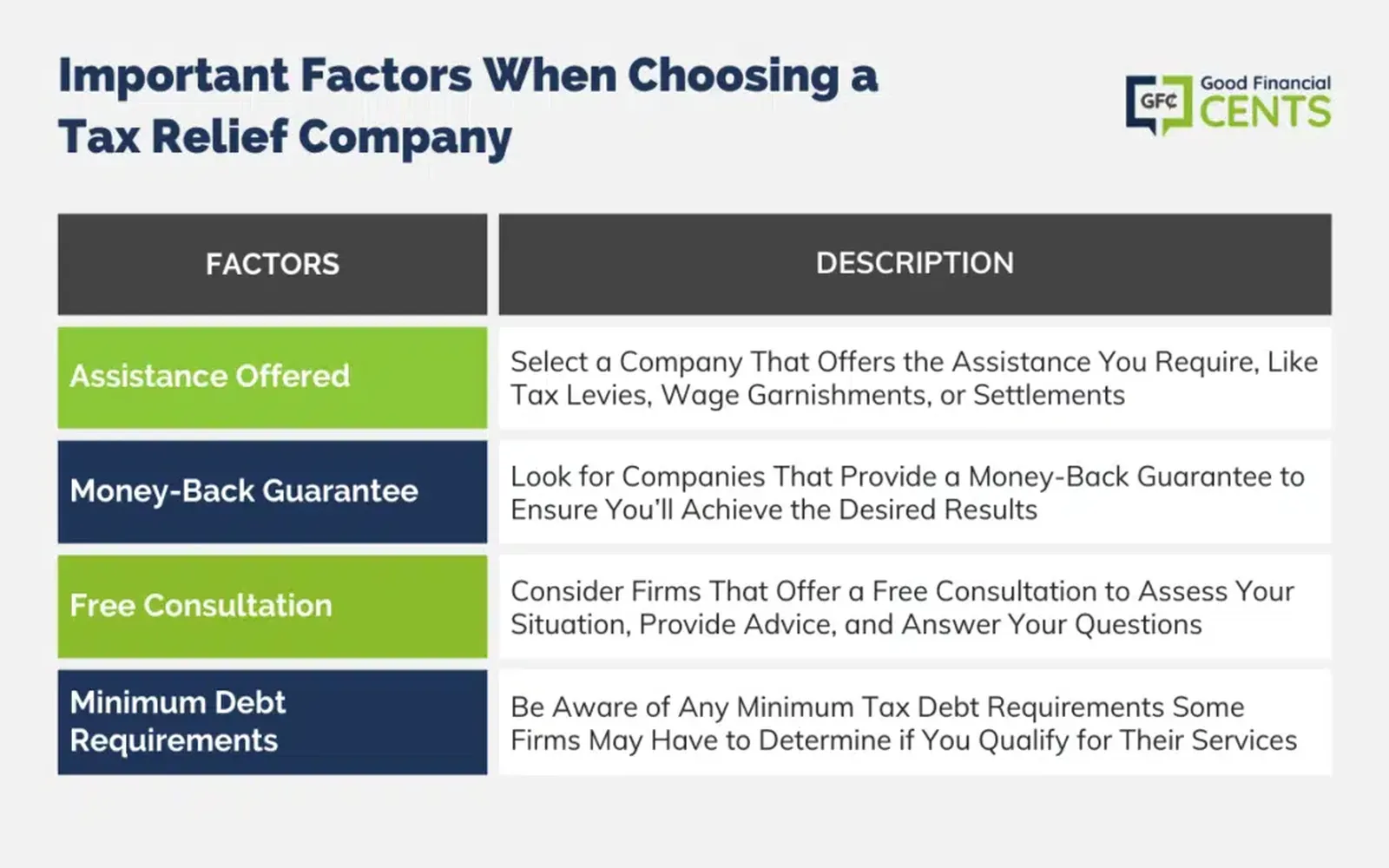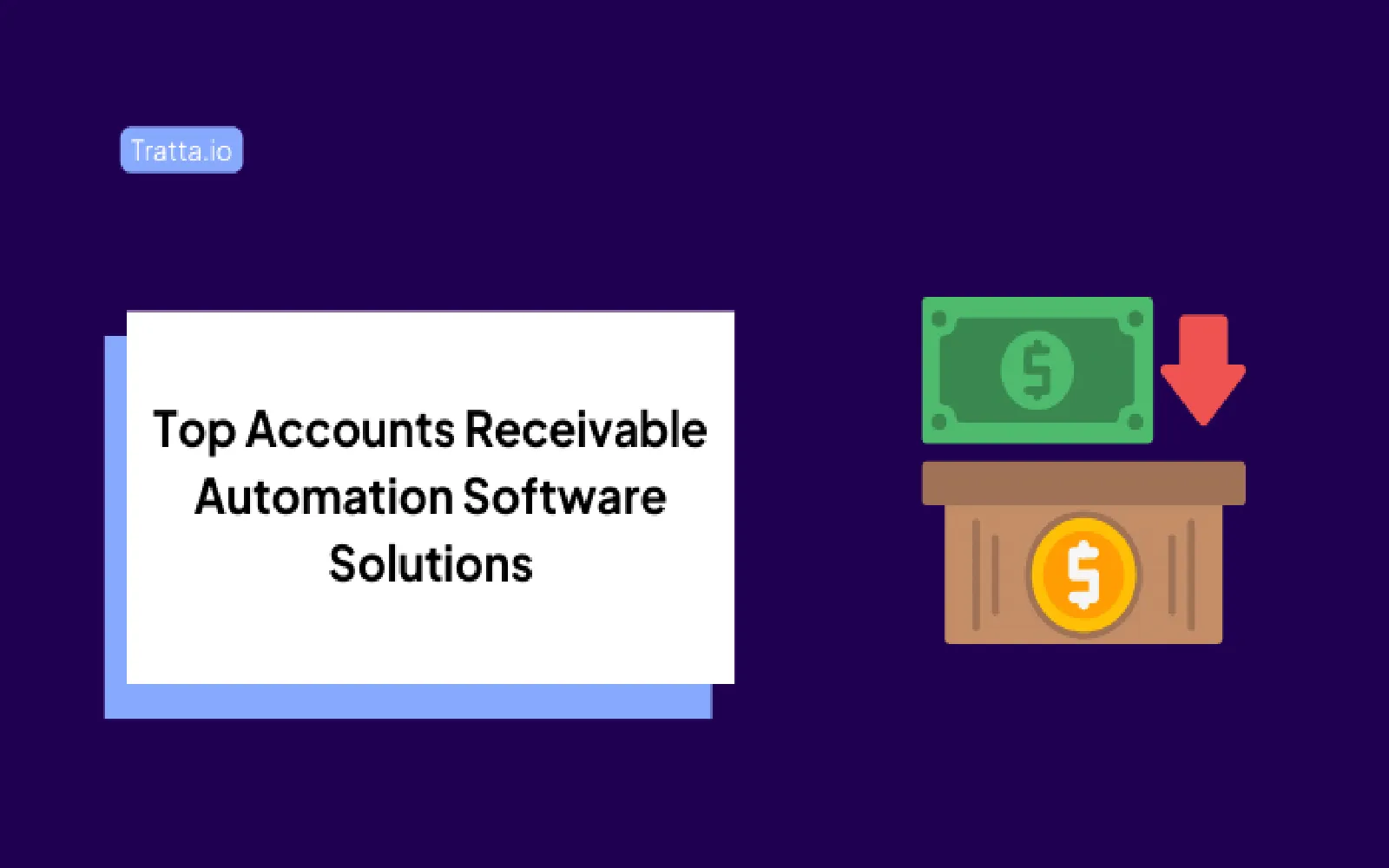Find Top Retirement Planning Advisors Near You in 2025: Secure Your Financial Future Today!
Understanding the Importance of Retirement Planning
As we approach the year 2025, the significance of effective retirement planning becomes increasingly apparent. With the average life expectancy on the rise, it’s crucial to ensure that your financial resources can support you throughout your retirement years. Retirement planning goes beyond mere saving; it encompasses investment strategies, tax implications, and the management of assets. The right retirement planning advisor can help you navigate these complexities and secure a stable financial future.
What Does a Retirement Planning Advisor Do?
Retirement planning advisors are financial professionals who specialize in helping individuals and families prepare for retirement. Their services typically include:
- Financial Assessments: Advisors evaluate your current financial situation, including income, expenses, savings, and investments.
- Retirement Goals Setting: They assist in defining your retirement goals, including when you plan to retire and the lifestyle you wish to maintain.
- Investment Strategies: Advisors recommend investment options that align with your risk tolerance and retirement timeline.
- Tax Planning: They offer strategies to minimize tax liabilities during retirement, ensuring you keep more of your hard-earned money.
- Withdrawal Strategies: Advisors help plan how to withdraw funds from retirement accounts to maximize income and minimize penalties.
The Benefits of Working with a Local Advisor
Choosing a retirement planning advisor who is local to your area can offer several advantages:
- Personalized Service: Local advisors are often more accessible for face-to-face meetings, allowing for a personalized approach to your financial planning.
- Knowledge of Local Markets: They understand the economic conditions and real estate markets in your area, which can affect your retirement strategy.
- Networking Opportunities: Local advisors may have connections with other professionals, such as attorneys and tax experts, who can assist with your retirement planning.
How to Find Retirement Planning Advisors Near You
Finding the right retirement planning advisor can be a daunting task. Here are steps to help you locate qualified professionals in your area:
1. Start with Referrals
Ask friends, family, and colleagues if they have any recommendations for retirement planning advisors. Personal referrals can often lead you to trustworthy professionals.
2. Use Online Resources
Websites like the National Association of Personal Financial Advisors (NAPFA) and the Certified Financial Planner (CFP) Board offer directories of certified professionals. You can search for advisors based on your location and their specialties.
3. Check Credentials
When evaluating potential advisors, check their credentials. Look for certifications such as CFP (Certified Financial Planner), ChFC (Chartered Financial Consultant), or CFA (Chartered Financial Analyst). These designations indicate a higher level of expertise and commitment to ethical standards.
4. Interview Multiple Advisors
Don’t settle for the first advisor you meet. Interview several candidates to understand their approach to retirement planning. Ask about their experience, services, fee structures, and investment philosophies.
5. Consider Their Fee Structure
Advisors may charge fees in various ways, including hourly rates, flat fees, or commissions based on the products they sell. Make sure to understand how they charge and choose a structure that aligns with your financial situation.
What to Look for in a Retirement Planning Advisor
Once you’ve narrowed down your options, it’s essential to evaluate potential advisors based on several key factors:
1. Experience and Expertise
Look for advisors who have significant experience in retirement planning. Inquire about their track record and ask for references from clients in similar financial situations.
2. Communication Style
Your advisor should be able to explain complex financial concepts in a way you can understand. Assess whether their communication style aligns with your preferences.
3. Holistic Approach
The best advisors consider all aspects of your financial life, including debt management, estate planning, and tax strategies, rather than focusing solely on investments.
4. Fiduciary Duty
Choose an advisor who operates as a fiduciary, meaning they are legally obligated to act in your best interest. This level of commitment can provide peace of mind regarding the advice you receive.
Preparing for Your First Meeting
Before meeting with a retirement planning advisor, it’s essential to prepare. Here’s how you can make the most of your first meeting:
1. Gather Financial Documents
Bring relevant financial documents, such as tax returns, investment account statements, and retirement account statements. This information will help the advisor assess your current financial situation.
2. Define Your Goals
Have a clear idea of your retirement goals. Consider factors such as your desired retirement age, lifestyle, and any specific plans you may have, like traveling or relocating.
3. Prepare Questions
Prepare a list of questions you want to ask the advisor. Inquire about their investment philosophy, how they measure success, and what services they provide beyond retirement planning.
Common Retirement Planning Mistakes to Avoid
Even with the help of a qualified advisor, it’s essential to be aware of common mistakes people make in retirement planning:
1. Underestimating Expenses
Many individuals underestimate their retirement expenses. It's crucial to account for healthcare costs, inflation, and unexpected expenses in your planning.
2. Failing to Diversify Investments
Putting all your savings into one type of investment can be risky. Diversification helps mitigate risk and can lead to more stable returns over time.
3. Ignoring Inflation
Inflation can erode your purchasing power over time. Ensure your retirement plan accounts for inflation to maintain your desired lifestyle.
4. Delaying Retirement Savings
Starting to save for retirement early can have a significant impact on your financial future. Delaying savings can lead to missed opportunities for compound interest growth.
Staying Informed About Retirement Trends
As we move into 2025, staying informed about retirement trends is vital. Changes in legislation, market conditions, and economic factors can all impact your retirement planning:
1. Understanding Social Security Changes
Be aware of any updates or changes to Social Security benefits. Knowing how these changes might affect your retirement income is crucial for effective planning.
2. Monitoring Market Trends
Stay informed about market trends and economic indicators. Understanding market conditions can help you make informed decisions about your investments.
3. Adapting to Healthcare Costs
Healthcare costs continue to rise and can significantly impact your retirement budget. Research options for managing these costs, including long-term care insurance or Health Savings Accounts (HSAs).
Conclusion: Take Action Today!
As we approach 2025, the importance of retirement planning cannot be overstated. Finding a qualified retirement planning advisor near you is a critical step in securing your financial future. By conducting thorough research, asking the right questions, and preparing for your meetings, you can set yourself up for a successful retirement. Remember, it’s never too late to start planning, but the earlier you begin, the more options you’ll have available. Take action today to ensure a financially secure and fulfilling retirement!
Explore

The Best Financial Advisors of 2025: Your Guide to Smart Financial Planning

Top Small Business Financial Advisors Near Me in 2025: Expert Tips for Success

Top Trends for High Net Worth Financial Advisors in 2025: Strategies for Success

Discover Top Tax Relief Services Near You in 2025: Maximize Your Savings Today!

Top Home Restoration Companies Near You in 2025: Revitalize Your Space Today!

Top Drain Cleaning Services Near You in 2025: Get Efficient Solutions Today!

Transforming Financial Efficiency: The Future of Accounts Receivable Automation Software in 2025

Top Local Solar Installers to Power Your Home in 2025: Harness Renewable Energy Today!
